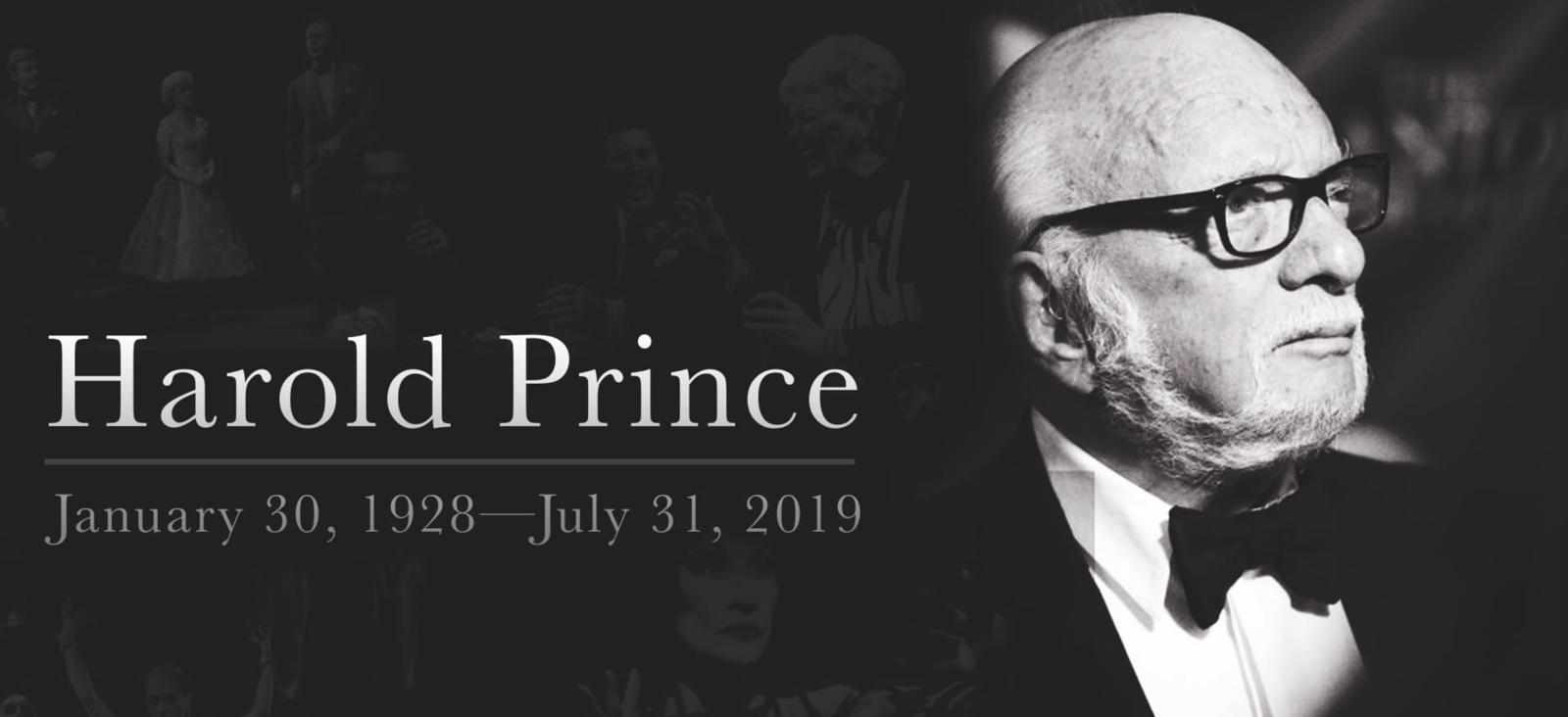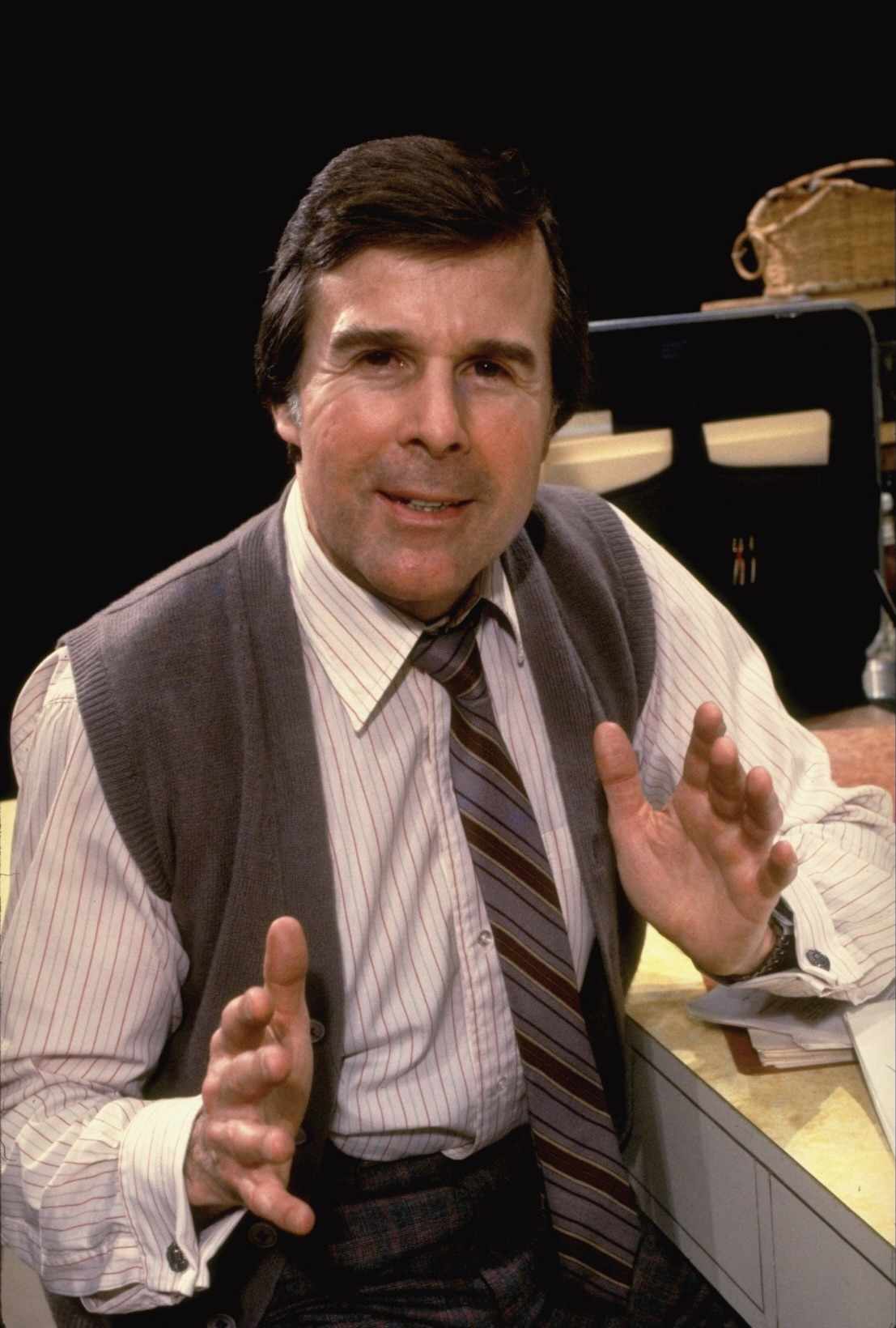
At the close of Friday's column, I posed a few questions about The Apple Tree (1966) that I promised to answer in this second part, which I will. But I also want to devote the proper space as to why the songs (especially those in the first part of this rare three-part musical) are so special.
First, a word or two on the show's creative team Jerry Bock (music) and Sheldon Harnick (lyrics). From their first collaboration, The Body Beautiful, in 1958, to their last, The Rothschilds in 1970, their twelve-year run was a thing of beauty and a joy to behold. Though Body Beautiful failed, closing in sixty performances, their follow-up was Fiorello!, which won the Pulitzer Prize, Tony and New York Drama Critics Award (the triple crown). And She Loves Me and Fiddler on the Roof, which opened a year apart from one another in 1963 and 1964, cemented their sterling reputations. However, their partnership came crashing down in 1970, for a myriad of reasons after The Rothschilds. The two never composed another show together again, even though Bock lived another forty years and Harnick is still with us at ninety-seven. They were coaxed into writing one new song for the 2004 revival of Fiddler on the Roof ("Topsy Turvy"), which constituted a rapprochement, but decades of potential scores from these two uniquely talented gentlemen were lost, a profound setback for the American musical.

In 1965, the team were asked to contribute a few songs to the score for Baker Street, a new musical that needed aid out of town, and was based on Arthur Conan Doyle's Sherlock Holmes. They were impressed by their brief interactions with the show's book writer, Jerome Coopersmith, and later invited him to conceive Apple Tree with them. At one point in the creative process, there was a parting of the ways when it seemed that the three one-acts were going to be so heavy musically that Bock and Harnick felt secure enough to do the chores on their own (Coopersmith received an "additional book material by" credit on the original poster and program). Harnick, a particularly clever lyricist with a wicked sense of humor, is someone Stephen Sondheim has gone on record as saying he "admires enormously," stating that he can write a song "that's funny without asking for laughs, a genre which [he] is the master."
In The Apple Tree, one needs look no further at what Sondheim means than its very first song, "Here in Eden," wherein Eve (of Adam and Eve fame) extolls the virtues of her newfound environment:
"There's plums and peaches
And pears and grapes
So ripe and juicy and utterly inviting.
I find the apples especially exciting
Here in Eden."
Even the titles of two songs, "Go to Sleep Whatever You Are" and "It's a Fish" are evidence of the style of comedy that Harnick executes so beautifully. Both refer to the baby that Adam and Eve are suddenly responsible for — and can't quite explain what it is. Adam decries the newborn is a fish "for it surrounds itself with water almost every chance it gets." Changing his mind, he then sings:
"It's growing teeth and it can bite!
And I'm convinced that what we have here is a bear.
I'm worried sick, but Eve is not
She burned the muzzle that I made for it to wear."
Those are lines to provoke outright laughter from an audience. Yet in Eve's short and sweet lullaby about the child, Harnick goes for a smile, with the sublime lyric:
"Go to sleep whatever you are
Lay your head on my breast.
Close your eyes and open your paws.
You need plenty of rest."
Without exception, all the songs in this first playlet of The Apple Tree, boasting music by Jerry Bock, perfectly compliment whatever mood Harnick's words invoke. Wistful, bracing, seductive, melancholy, brazen, provocative... you name it. Continually surprising, the music is ably abetted by masterful orchestrations from Eddie Sauter. This is the man whom theatre aficionado Peter Filcihia has said, "No matter what musical Sauter did – from Superman to 1776 – he found a unique sound for it." Very, very true. In an interview I conducted with Harnick in 2013, he told me how he was sold on Sauter upon their first meeting when Sauter used imagery to describe what he had in mind for some of the songs:
"Sauter was Stuart Ostrow's idea. He suggested it to Jerry because especially The Lady or the Tiger [the show's second segment] was a jazzier score. The first day he met with Sauter who invited me to come along, which is very nice and sort of surprised both of us. Jerry said, 'How do you see the opening of Diary of Adam and Eve, and I thought he was going to say harps, clarinets, and so forth. But he said, 'Well, that one I see as sunlight on marble.' [laughs] The only other one I remember was he described some number as 'elephants on tiptoe.' [laughs] So it was a very poetic approach."
Sadly, after a year's run, The Apple Tree couldn't pay off its investors. And even though its top ticket price was a mere $9.90 (!), if it had played to fuller houses, it would have managed to recoup in a year's time. Is it a fair question to pose whether Mike Nichols, then at the helm of his first musical, was the right person for the job? According to Alan Alda, the answer is yes. In an interview he gave to Mark Harris for last year's brilliant biography Mike Nichols: A Life, Alda told the author: "Once when Barbara and I were rehearsing, he said this thing that has aided me all my life. He didn't feel we were connecting to each other, and he said, 'You kids think relating is the icing on the cake. It's not. It's the cake.'"
Could Gower Champion, or producer Stuart Ostrow's first choice, Jerome Robbins, have done better? In fact, Robbins came in to help when Nichols was at his wits' end, unable to figure out certain staging issues. As Harris reports in his book, "When Nichols directed plays, anything that didn't work could be rewritten almost on the spot, but re-orchestrating and re-choreographing was another matter entirely. Replacing a song took weeks, not days." Harris also states that when Robbins came to see the show in Boston (at Nichols' request) "he gave him and the cast more than two hundred notes." But when you consider that it was Nichols himself who once said, "that 75% of the job is casting," then he hit a decisive home run with Apple Tree. Barbara Harris was an inspired choice, as well as someone with whom Nichols was well acquainted. They shared many a night on stage when both were members of the Compass Players, the comedy group that begat Second City. Her Tony Award winning performance for Apple Tree was the cherry on top of the sundae after the charm fest she offered two years prior in Lerner and Lane's On a Clear Day You Can See Forever. But personal issues, particularly uncontrollable stage fright, seriously curtailed her stage work post-Apple Tree. She did, however, play some juicy parts in feature films, garnering an Academy Award nomination for one unforgettable scene in an otherwise forgettable movie titled Who is Harry Kellerman and Why Is He Saying Those Terrible Things About Me? Simply put, it is astonishing work.

Her Apple Tree co-star, Alan Alda, wrote a part for her in his debut as a screenwriter (The Seduction of Joe Tynan, 1979) that includes one sensational scene of her tearing into Alda upon discovering he's been having an affair with his co-worker, played by a young Meryl Streep. As for Alda's own work in Apple Tree, his one and only Broadway musical, there are many who think his performance was a standout of serious proportions. In an interview with Stephen Sondheim (also in 2013), he told me that the three greatest actors he'd seen in a musical were Alda, Alfred Drake in Kismet and John McMartin in Follies. Rarified company.

Larry Blyden, who had the role of Narrator for the evening, also doubled in other roles throughout, highlighted by the nasty Snake who tempts eve with "Forbidden Fruit," which to my mind no one has ever done as well in subsequent productions. Blyden was one of those actors who seemed to pop up everywhere in the theatre and on television and always delivered. He did it all: light comedy, drama and, of course, musicals. He won a Tony for the 1972 revival of A Funny Thing Happened on the Way to the Forum and was tragically killed in a car accident only three years later. There is no doubt that, had he lived longer, he would have created many more roles on Broadway. I always thought he'd have been superb in Into the Woods, for obvious reasons, as the show's Narrator/Old Man.

As I mentioned in my prior column, John Kander, Fred Ebb, Joe Masteroff and Harold Prince gave the world Cabaret just thirty-three days after The Apple Tree opened in 1966. It was a game-changer the likes of which Broadway hadn't seen since probably West Side Story. And, unlike that 1957 musical, Cabaret was a smash hit. It was also a musical drama (though not billed as one) that challenged its audiences and became "the" show to see that season. It nearly swept the Tonys, wining in eight of the ten categories it received nominations, and ran for just under three years. Sure, there's always room for more than one sell-out a season, but with timing being everything, and word-of-mouth essential for success, Cabaret was the one that was on everyone's must-see list, not The Apple Tree. Over the past fifty years, it hasn't been widely produced and its one Broadway revival in 2006 (starring an appropriately cast Kristin Chenoweth), did not receive the kind of reviews to jump start a rationale for future regional productions.
That stated, in my research I found one line that I believe suits The Apple Tree to a “T.” Steven Suskin wrote in his More Opening Nights on Broadway that the show is "loaded with class and quality throughout.” I agree, and it is indeed what sets The Apple Tree apart from many other shows. I, for one, would welcome another revival anytime.
If you enjoy these columns, check out Up in the Cheap Seats: A Historical Memoir of Broadway, available at Amazon.com in hardcover, softcover and e-book. Also, follow me here on Scrollstack and feel free to email me with comments or questions at Ron@ronfassler.org.





















Write a comment ...